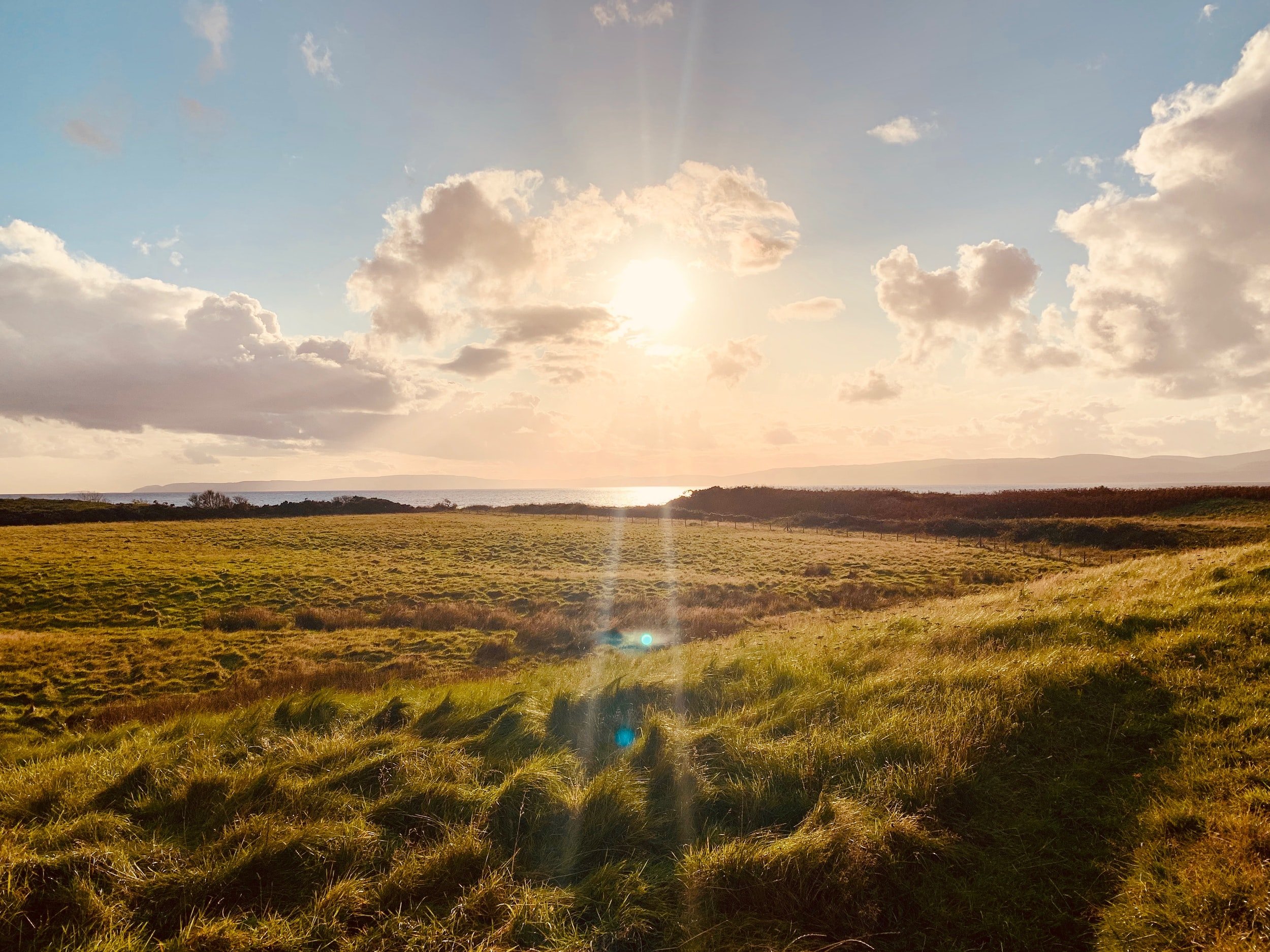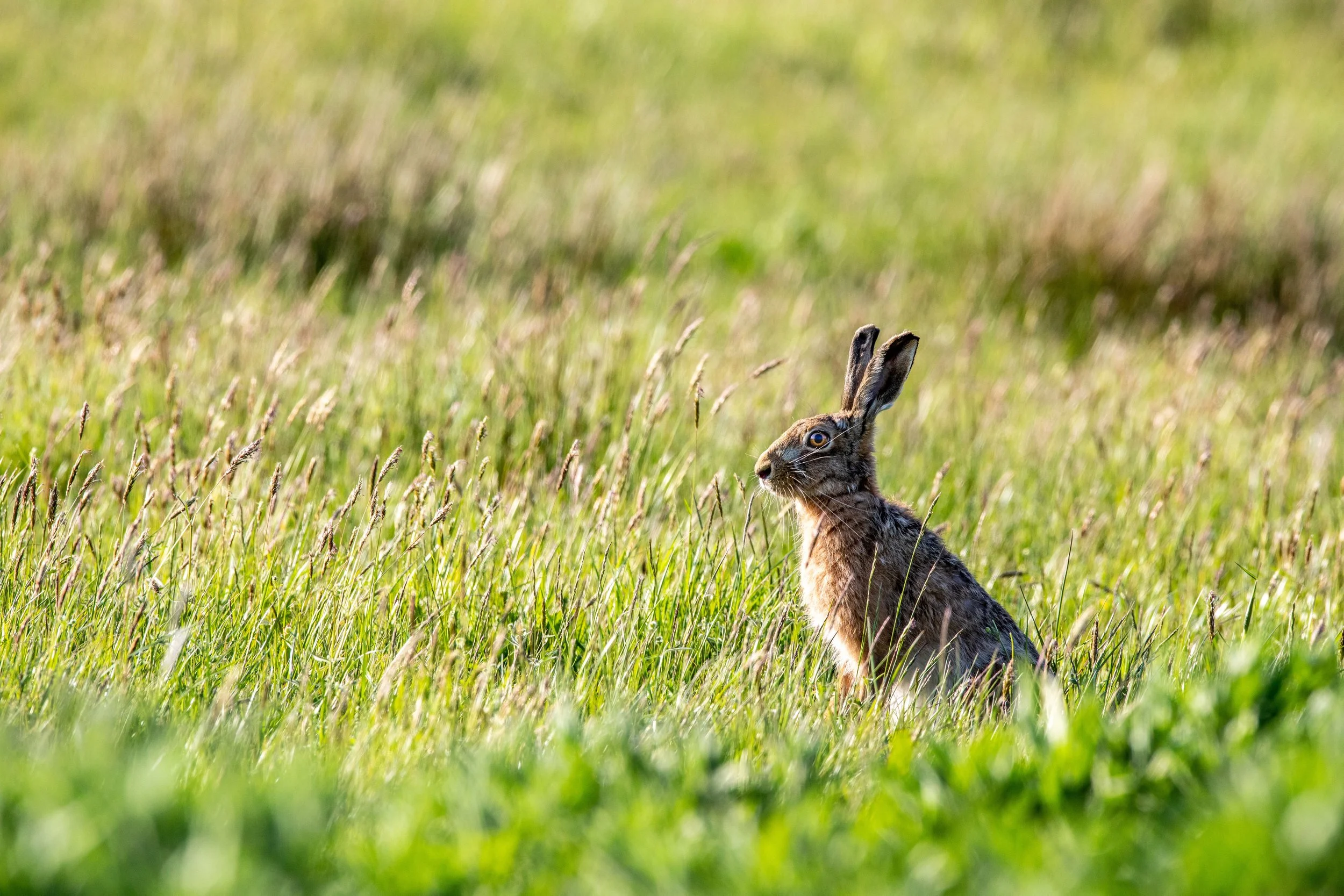
About the Regional Moorland Groups
We provide a single voice to co-ordinate knowledge and share learning across local communities in the English Uplands. We work with land managers, moorland owners, environmental NGOs, parliamentarians and farming bodies.
Our Principles
Our fundamental principle is that the historic system of managing the uplands for livestock and game is valued both as a cultural heritage in itself and as the primary delivery mechanism for a range of other public benefits: the protection of landscapes and habitats valued by society.
We empower and enable isolated rural communities, running marginal micro-businesses, to deliver environmental benefits as part of their sustainable livelihoods.
To this end, we stand for:
The active management of land for game makes a significant contribution to rural economies and the maintenance of local communities.
The active management of moorland provides substantial public benefits by managing land to enhance its landscape, biodiversity, access, heritage and other environmental goods.
Gamekeeping and associated moorland management are fundamental components of our historic and on-going culture.
Our Aims
The Regional Moorland Groups aim to provide a window into our beautiful moorlands. We do this by working to:
ENCOURAGE more diverse communities to enjoy nature and connect with the moorlands closest to them.
HELP people understand the links between game management, biodiversity, carbon capture, and sustainable moorland.
SHARE knowledge about moorland management that has been passed down through the generations, including skills that protect historic sites and enhance habitats for wildlife.
EQUIP participating organisations so they can better secure this heritage over the long-term.
Why…?
Why Now?
Leaving the EU has led to the biggest disruption to moorland is managed in 70 years. It has put the economic viability of moorlands further into question, with subsidies and payments playing significant and complicating parts.
More frequent extreme weather events place the heritage of our moorlands at risk, and biodiversity continues to decline.
We also know that children are accessing nature less, meaning they miss out on all the benefits of greenspace.
But hope lies with the tenacity and resourcefulness of moorland managers and a determination to find collective solutions.
Why Do Moorlands Matter?
Productive landscapes help us grow food, absorb rainfall, clean water, nurture wildlife, and take pleasure from recreation.
The management of moorland, when at sustainable levels, has ensured the survival of ancient monuments and rare wildlife, plants, birds and butterflies. Careful management can maintain the balance of delicate upland ecosystems on huge stretches of open landscape.
But there are serious threats on the horizon that could impact on the future of these ancient spaces, and on our access to them.
What Are Moorlands?
Moorlands are privately owned spaces. Their owners include organisations like the National Trust, National Parks, Utility Companies, or private estates. Often, they look untouched and free from intervention but they are carefully managed using traditional practices.
All moorland is open access, which means we all have the right to enjoy recreation on foot.


